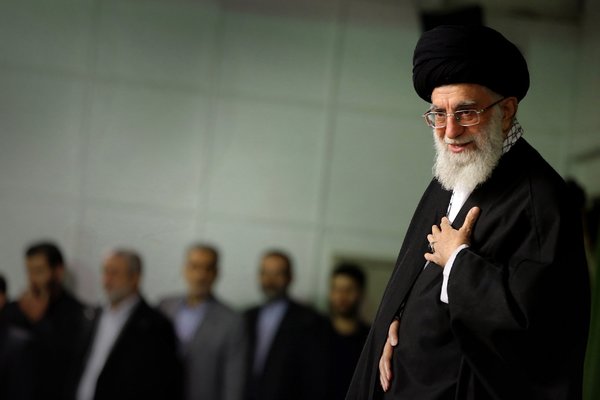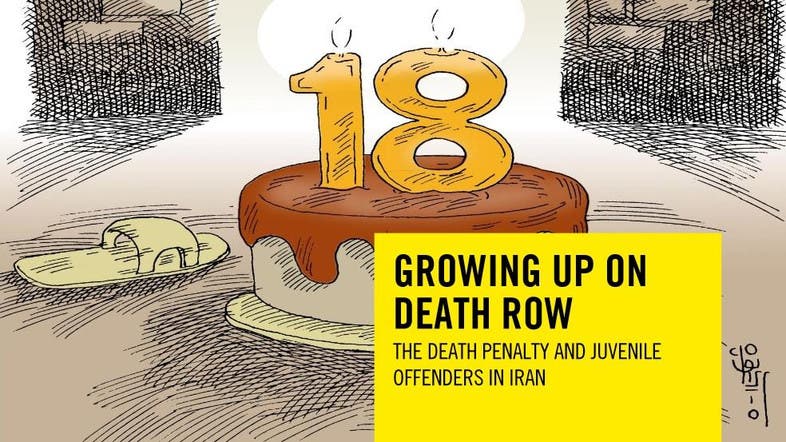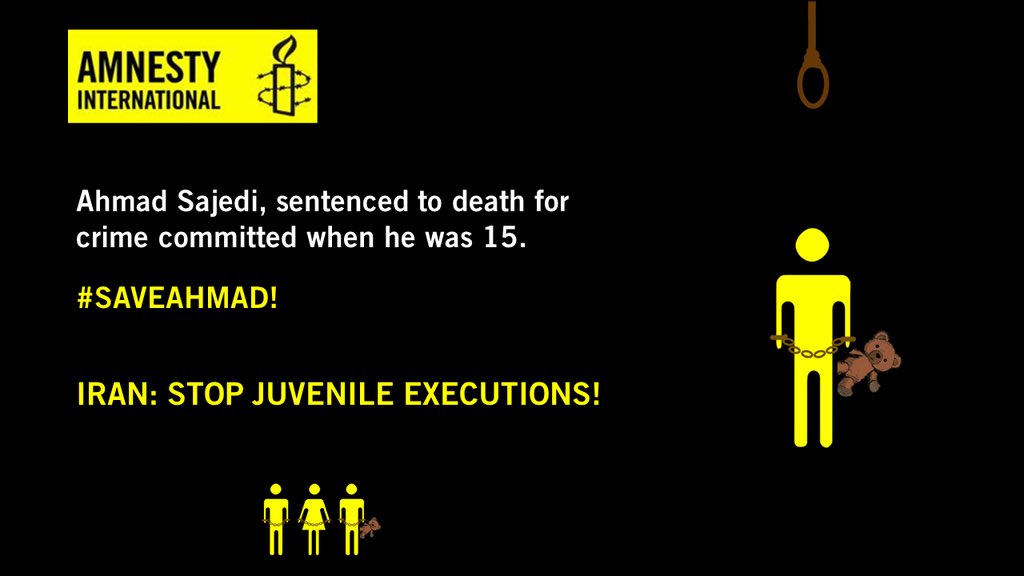Can Iran Change?
By ADEL BIN AHMED AL-JUBEIRJAN. 19, 2016
Riyadh, Saudi Arabia — THE world is watching Iran for signs of change, hoping it will evolve from a rogue revolutionary state into a respectable member of the international community. But Iran, rather than confronting the isolation it has created for itself, opts to obscure its dangerous sectarian and expansionist policies, as well as its support for terrorism, by leveling unsubstantiated charges against the Kingdom of Saudi Arabia.
It is important to understand why Saudi Arabia and its Gulf allies are committed to resisting Iranian expansion and responding forcefully to Iran’s acts of aggression.
Superficially, Iran may appear to have changed. We acknowledge Iran’s initial actions regarding the agreement to suspend its program to develop a nuclear weapon. Certainly, we know that a large segment of the Iranian population wants greater openness internally and better relations with neighboring countries and the world. But the government does not.
The Iranian government’s behavior has been consistent since the 1979 revolution. The constitution that Iran adopted states the objective of exporting the revolution. As a consequence, Iran has supported violent extremist groups, including Hezbollah in Lebanon, the Houthis in Yemen and sectarian militias in Iraq. Iran or its proxies have been blamed for terrorist attacks around the world, including the bombings of the
United States Marine barracks in Beirut in 1983 and the
Khobar Towers in Saudi Arabia in 1996, and the assassinations in
the Mykonos restaurant in Berlin in 1992. And by some estimates Iranian-backed forces have killed over 1,100 American troops in Iraq since 2003.
Photo
Ayatollah Ali Khamenei, the supreme leader of Iran. Credit via Agence France-Presse — Getty Images
Iran uses attacks on diplomatic sites as an instrument of its foreign policy. The 1979 takeover of the American Embassy in Tehran was only the beginning. Since then, embassies of Britain, Denmark, Kuwait, France, Russia and Saudi Arabia have been attacked in Iran or abroad by Iranian proxies. Foreign diplomats and domestic political opponents have been assassinated around the world.
Hezbollah, Iran’s surrogate, tries to control Lebanon and wages war against the Syrian opposition — and in the process helps the Islamic State flourish. It is clear why Iran wants Bashar al-Assad of Syria to remain in power: In its 2014 report on terrorism,
the State Department wrote that Iran views Syria “as a crucial causeway to its weapons supply route to Hezbollah.” The report also noted, citing United Nations data, that Iran provided arms, financing and training “to support the Assad regime’s brutal crackdown that has resulted in the deaths of at least 191,000 people.” The same report for 2012 noted that there was “a marked resurgence of Iran’s state sponsorship of terrorism,” with Iranian and Hezbollah’s terrorist activity “reaching a tempo unseen since the 1990s.”
In Yemen, Iran’s support for the takeover of the country by the Houthi militia helped cause the war that has killed thousands.
While Iran
claims its top foreign policy priority is friendship, its behavior shows the opposite is true. Iran is the single-most-belligerent-actor in the region, and its actions display both a commitment to regional hegemony and a deeply held view that conciliatory gestures signal weakness either on Iran’s part or on the part of its adversaries.
In that vein, Iran
tested a ballistic missile on Oct. 10, just months after reaching an agreement on its nuclear program, in violation of United Nations Security Council resolutions. In December, an Iranian military ship
fired a missile near American and French vessels in international waters. Even since signing the nuclear accord, the supreme leader of Iran, Ayatollah Ali Khamenei, has defended the country’s ubiquitous slogan “Death to America.”
Saudi Arabia will not allow Iran to undermine our security or the security of our allies. We will push back against attempts to do so.
In an outlandish lie, Iran maligns and offends all Saudis by saying that my nation, home of the two holy mosques, brainwashes people to spread extremism. We are not the country designated a state sponsor of terrorism; Iran is. We are not the nation under international sanctions for supporting terrorism; Iran is. We are not the nation whose officials are on terrorism lists; Iran is. We don’t have an agent
sentenced to jail for 25 years by a New York federal court for plotting to assassinate an ambassador in Washington in 2011; Iran does.
Saudi Arabia has been a victim of terrorism, often at the hands of Iran’s allies. Our country is on the front line of fighting terrorism, working closely with our allies. Saudi Arabia has arrested thousands of terrorism suspects and prosecuted hundreds. Our fight against terrorism is continuing as we lead multinational efforts to pursue those who participate in terrorist activities, those who fund them and those who foment the mind-set that promotes extremism.
The real question is whether Iran wants to live by the rules of the international system, or remain a revolutionary state committed to expansion and to defiance of international law. In the end, we want an Iran that works to solve problems in a way that allows people to live in peace. But that will require major changes in Iran’s policy and behavior. We have yet to see that.
Adel bin Ahmed Al-Jubeir is the foreign minister of the Kingdom of Saudi Arabia.
http://www.nytimes.com/2016/01/19/opinion/saudi-arabia-can-iran-change.html?_r=1








